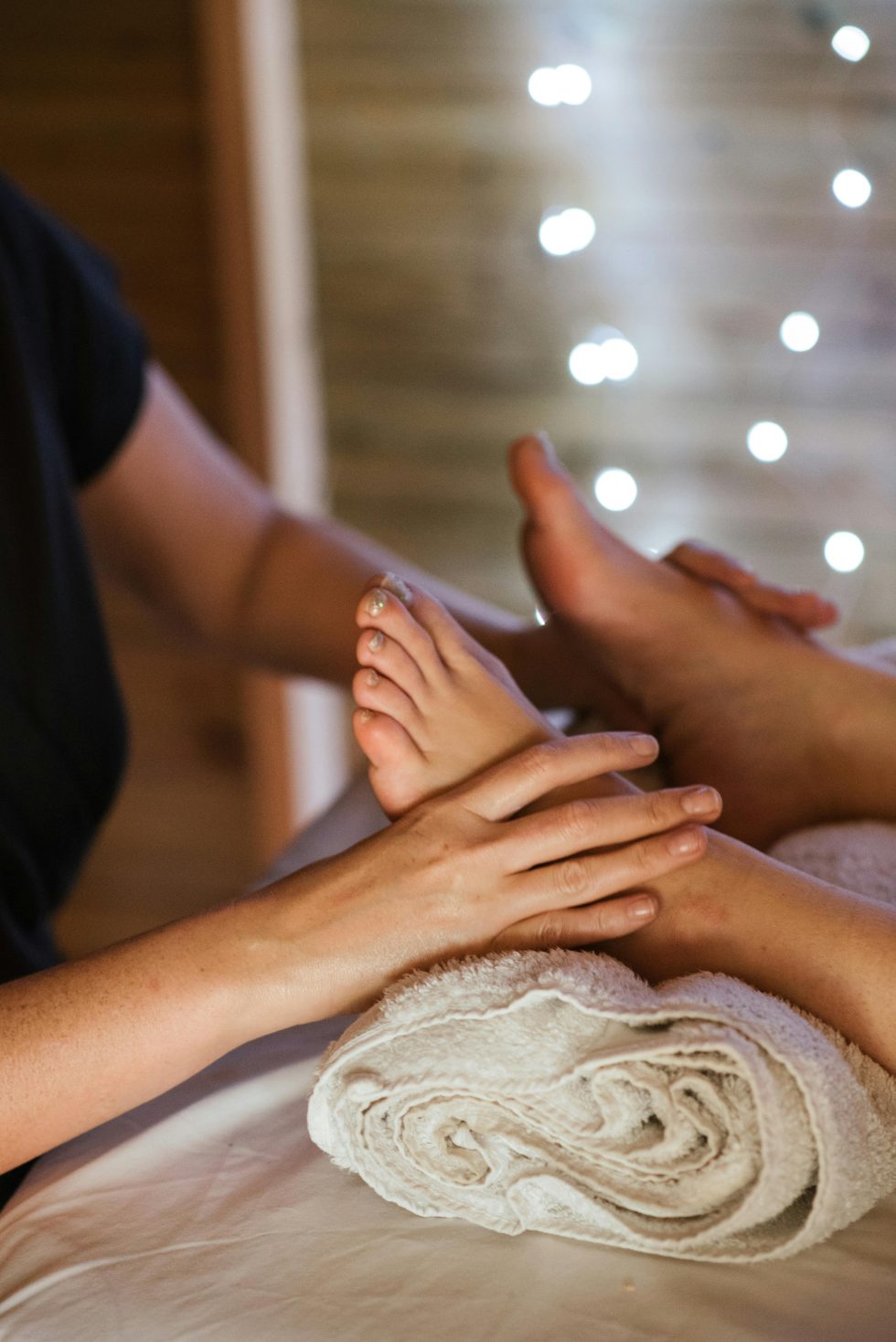Pregnancy brings many beautiful changes—but it also places new demands on your body, especially your feet. As your belly grows and hormones shift, your center of gravity changes, ligaments loosen, and swelling becomes common. These changes can lead to discomfort, arch pain, and even conditions like plantar fasciitis.
Here’s how to best support your feet during pregnancy, so you can stay comfortable and mobile throughout all three trimesters:
1. Choose the Right Footwear
Your favorite shoes might not cut it during pregnancy. Look for:
- Supportive arches: Especially if you have flat feet or your arches are collapsing under added weight.
- Cushioned soles: To absorb shock as your gait changes.
- Low heels or flats: But avoid unsupportive flip-flops or completely flat soles.
- Breathable materials: To accommodate swelling and keep feet cool.
Tip: Consider sizing up half a size if your feet are noticeably swelling or feel cramped.
2. Use Orthotic Inserts
Over-the-counter or custom orthotic insoles can help redistribute pressure and provide support where you need it most. They can be especially helpful if you’re experiencing:
- Heel pain
- Arch discomfort
- Lower back or hip pain related to your gait
3. Elevate and Rest Your Feet
Swollen feet and ankles (edema) are very common in pregnancy. To reduce swelling:
- Prop your feet up above heart level when sitting
- Avoid standing for long periods
- Take frequent breaks to rest
Bonus: Soaking your feet in cool water can also help soothe swelling.
4. Stay Active—But Smart
Gentle movement helps improve circulation and reduce swelling. Try:
- Prenatal yoga
- Swimming
- Walking in supportive shoes
Avoid high-impact activities that may increase pressure on your feet and joints.
5. Compression Socks Can Help
Compression stockings or socks promote blood flow and can prevent or ease swelling. They’re especially helpful if you’re on your feet a lot during the day or experiencing varicose veins.
6. Practice Foot Stretches and Massage
Stretching your feet and calves can help ease tightness and prevent cramping. You can also:
- Roll your foot over a tennis ball
- Get a prenatal-safe foot massage
- Stretch your calves against a wall
7. Hydrate and Eat Mindfully
Drinking enough water and watching your salt intake can help minimize swelling. Foods rich in potassium (like bananas and avocados) can also help with fluid balance.
When to Call Your Doctor
Mild swelling and discomfort are normal—but if you experience sudden or severe swelling, pain in one leg, or signs of infection, contact your fertility specialist https://mfcfamily.com/. These could be signs of a more serious condition, like preeclampsia or a blood clot.
Your feet work hard to support you during pregnancy—so support them back! With the right shoes, simple habits, and a little self-care, you can keep your feet comfortable and healthy as your body changes.
Have questions about foot pain or swelling during pregnancy? The team at Midwest Fertility Center https://mfcfamily.com/ is here to help support your journey to motherhood, every step of the way.

